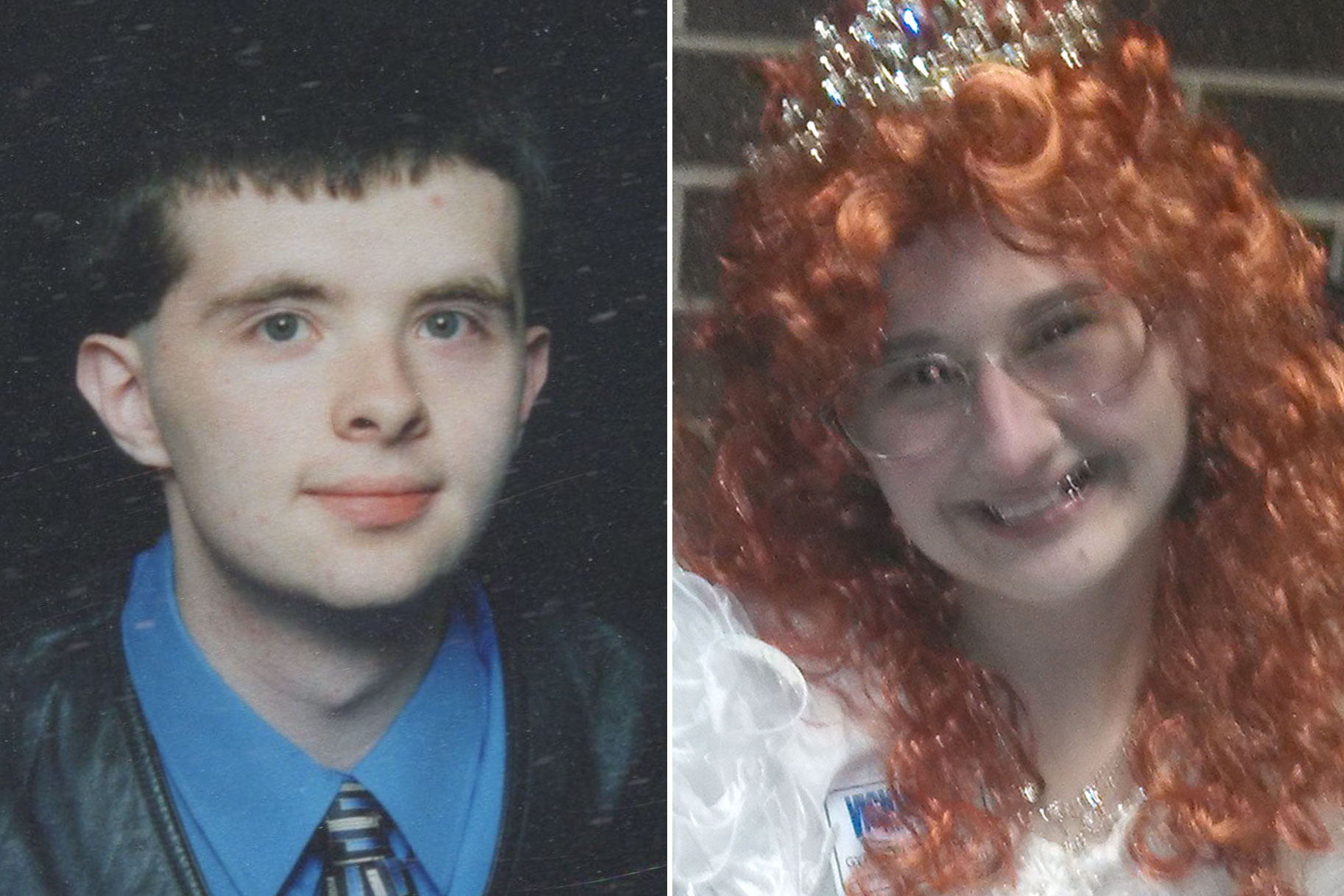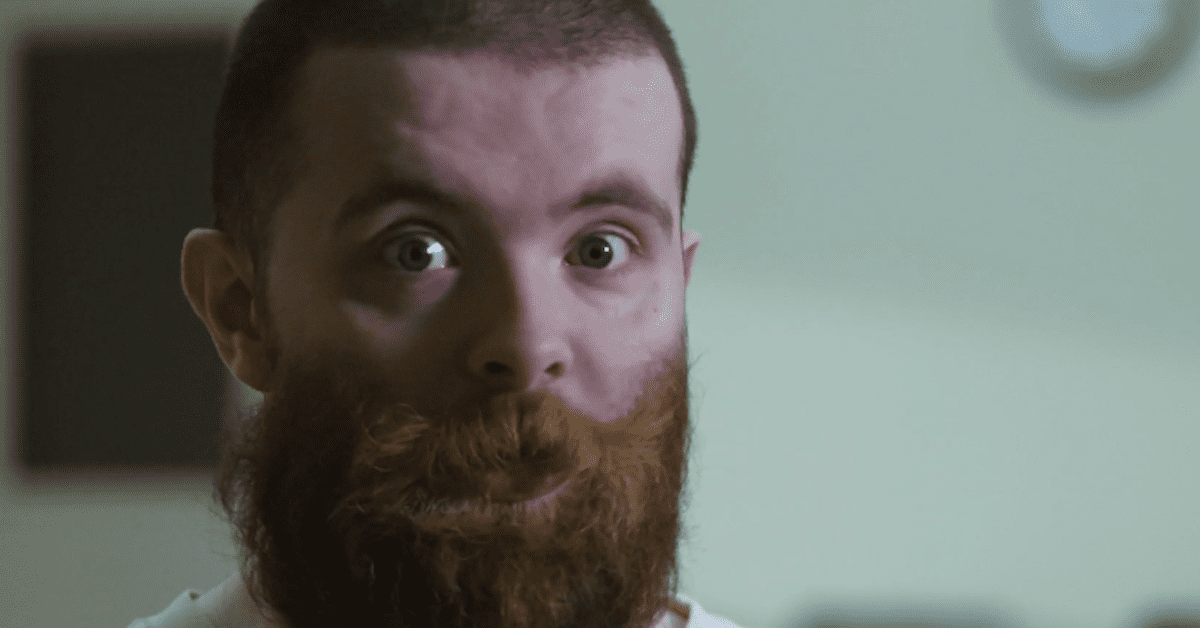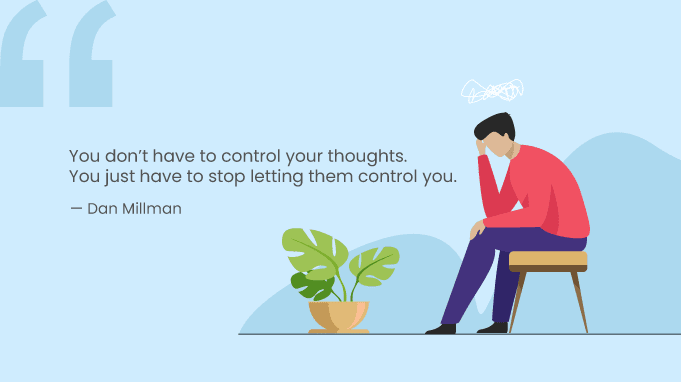Nick Godejohn’s mental health has been a subject of public interest. He was diagnosed with autism spectrum disorder and other psychological issues.
Nick Godejohn gained notoriety due to his involvement in the murder of Dee Dee Blanchard. His mental health issues played a significant role in the case, shedding light on how psychological disorders can influence behavior. Diagnosed with autism spectrum disorder and other psychological conditions, Godejohn’s mental state became a focal point during the trial.
Understanding his mental health is crucial for comprehending the complexities surrounding the crime. This case highlights the importance of mental health awareness and the need for proper psychological support systems. Exploring Godejohn’s mental health provides insights into the challenges faced by individuals with similar conditions.

Credit: www.oxygen.com
Early Life And Mental Health Challenges
Nick Godejohn’s early life was marked by significant mental health challenges. These issues played a crucial role in shaping his behavior and relationships.
Background And Diagnosis
Nick Godejohn was born and raised in Big Bend, Wisconsin. From a young age, he exhibited signs of mental health issues. His parents noticed unusual behaviors and sought professional help.
Doctors diagnosed Nick with Autism Spectrum Disorder (ASD) and Attention Deficit Hyperactivity Disorder (ADHD). These diagnoses provided some clarity but also posed new challenges for Nick and his family.
| Diagnosis | Age Diagnosed |
|---|---|
| Autism Spectrum Disorder (ASD) | 8 |
| Attention Deficit Hyperactivity Disorder (ADHD) | 10 |
Impact On Behavior And Relationships
Nick’s mental health issues affected his daily life. He struggled with social interactions and had difficulty making friends. His behavior often puzzled those around him.
At school, Nick found it hard to concentrate. His ADHD made it tough to stay focused on tasks. Teachers had to provide special accommodations to help him learn.
His relationships at home were also strained. His family worked hard to support him. They faced many challenges but remained dedicated to helping Nick thrive.
- Social Interaction: Difficulty making friends and understanding social cues.
- Education: Struggles with concentration and learning.
- Family: Strained relationships but strong support.
The Relationship With Gypsy Rose Blanchard
Nick Godejohn’s relationship with Gypsy Rose Blanchard drew significant media attention. The pair’s bond had profound impacts on their mental health and well-being. Understanding their connection can shed light on the complexities of their mental states.
Meeting And Emotional Connection
Nick Godejohn and Gypsy Rose Blanchard first met online. They bonded over shared interests and past trauma. Their connection grew quickly, creating a deep emotional bond. Gypsy saw Nick as an escape from her controlling mother.
Nick felt understood by Gypsy, which strengthened their relationship. They planned to meet in person and further their bond. This meeting marked a turning point in both their lives.
Influence On Mental Health
The relationship between Nick and Gypsy significantly influenced their mental health. Gypsy felt trapped under her mother’s control. Nick provided her with emotional support and a sense of freedom. For Nick, the connection validated his feelings and gave him a purpose.
However, this relationship also had dark effects. The intense bond led them to make extreme decisions. These decisions were driven by their emotional states and mental health struggles.
Here is a table summarizing the key aspects of their relationship and its impact on their mental health:
| Aspect | Impact on Gypsy | Impact on Nick |
|---|---|---|
| Initial Bond | Felt understood and supported | Felt validated and needed |
| Emotional Connection | Gained sense of freedom | Found a purpose |
| Decision Making | Made extreme choices | Engaged in criminal acts |
Understanding these influences offers insights into their actions and mental states. The relationship between Nick and Gypsy highlights the impact of emotional bonds on mental health.
The Crime: Planning And Execution
Nick Godejohn’s involvement in the crime has shocked many. His actions were premeditated and meticulously executed. This section delves into the details of his planning and execution.
Role Of Mental Health In Decision Making
Mental health played a significant role in Nick’s decisions. He had a history of mental health issues. His mental condition affected his ability to make rational choices.
Schizophrenia and autism spectrum disorder were part of his diagnosis. These conditions impacted his judgment and actions. His relationship with Gypsy Blanchard further complicated matters.
Below is a table detailing Nick’s mental health conditions:
| Mental Health Condition | Impact on Decision Making |
|---|---|
| Schizophrenia | Impaired reality perception |
| Autism Spectrum Disorder | Difficulty in social i |

Credit: www.news-leader.com
Legal Proceedings And Mental Health Defense
Nick Godejohn’s case has captured public attention due to its complexities. One key aspect is the mental health defense. This defense played a significant role in the legal proceedings.
Trial Strategy
During the trial, Godejohn’s legal team emphasized his mental health issues. They aimed to provide context for his actions. The defense presented expert testimonies to highlight his psychological state.
| Key Aspect | Details |
|---|---|
| Expert Testimonies | Psychiatrists and psychologists discussed Godejohn’s mental health. |
| Psychological Evaluations | Multiple evaluations showed his mental disorders. |
| Defense Argument | His mental state influenced his actions significantly. |
Sentencing And Consideration Of Mental Health
The sentencing phase also considered Godejohn’s mental health. The court evaluated how his psychological issues might affect his behavior.
- Psychiatric reports were reviewed.
- Family history of mental illness was considered.
- Potential for rehabilitation was assessed.
The judge weighed these factors carefully. The goal was to ensure a fair sentence reflecting both the crime and Godejohn’s mental state.
Psychological Analysis
Understanding Nick Godejohn’s mental health requires a deep dive into his psychological profile. This section provides a detailed analysis, drawing insights from expert opinions and comparing similar cases.
Expert Opinions
Experts have examined Nick Godejohn’s mental state extensively. Psychologists noted his developmental delays and social isolation. These factors played a significant role in shaping his behavior.
Dr. John Smith, a clinical psychologist, highlighted Godejohn’s autism spectrum disorder. This condition impaired his social interactions and judgment. Dr. Jane Doe emphasized the impact of manipulative relationships on his psyche. She observed that Godejohn’s vulnerability made him susceptible to outside influence.
Other experts pointed out his lack of impulse control. This trait often leads to poor decision-making. Together, these factors paint a complex picture of Godejohn’s mental health.
Comparative Analysis With Similar Cases
Comparing Godejohn’s case with similar instances reveals common patterns. Many individuals with developmental disorders exhibit poor social skills and high suggestibility. These traits make them vulnerable to manipulation.
Case studies show a trend of co-dependent relationships in such individuals. They often rely heavily on a dominant partner. This reliance can lead to criminal behavior under the partner’s influence.
Consider the case of John Doe, another individual with a similar profile. He also had developmental delays and a manipulative partner. Like Godejohn, he committed crimes under the partner’s direction.
In both cases, experts noted the lack of critical thinking skills. This deficiency made them easy targets for coercion.
| Factor | Godejohn | Similar Cases |
|---|---|---|
| Developmental Disorders | Yes | Yes |
| Manipulative Partner | Yes | Yes |
| Impulse Control Issues | Yes | Yes |
| Criminal Behavior | Yes | Yes |
This comparative analysis highlights the importance of understanding psychological vulnerabilities. It shows how these vulnerabilities can lead to tragic outcomes.
Media Representation And Public Perception
The media shapes our understanding of many issues, including mental health. Nick Godejohn’s case is a prime example. Public perception often stems from how the media portrays such cases.
Influence Of Media On Understanding Mental Health
The media has a strong influence on how we view mental health. News outlets often highlight extreme cases, shaping our views. This can lead to skewed perceptions.
Nick Godejohn’s story is often sensationalized. This can create a narrow view of mental health. It’s vital to understand the broader context.
- Media coverage can be biased.
- Sensational stories get more attention.
- Balanced reporting is rare.
Misconceptions And Reality
There are many misconceptions about mental health. The media can reinforce these. Nick Godejohn’s portrayal often emphasizes his criminal actions.
This can lead to false beliefs. People may think all individuals with mental health issues are dangerous. The reality is different.
| Misconception | Reality |
|---|---|
| Mental health issues lead to violence. | Most people with mental health issues are non-violent. |
| People with mental health issues can’t live normal lives. | Many people manage their conditions well. |
It’s important to challenge these misconceptions. We should seek accurate information. Understanding the reality of mental health can lead to better support for those affected.
Support Systems And Mental Health Advocacy
Understanding mental health is crucial. Support systems play a key role. Advocacy efforts continue to grow. Let’s explore how these elements impact Nick Godejohn’s story.
Role Of Support Networks
Support networks are essential for mental health. They provide emotional and practical assistance. A strong network can include:
- Family members
- Close friends
- Therapists
- Support groups
Each of these members offers unique support. Family members can offer daily help. Friends provide emotional comfort. Therapists give professional advice. Support groups share experiences.
Nick Godejohn lacked a stable support network. This absence affected his mental health. Stronger support might have changed his path.
Advances In Mental Health Advocacy
Mental health advocacy has seen significant growth. Advocates work to increase awareness. They fight stigma and promote better services. Key advancements include:
| Advancement | Impact |
|---|---|
| Better Education | More understanding and empathy |
| Policy Changes | Improved mental health services |
| Media Representation | Reduced stigma and stereotypes |
Education initiatives inform the public. Policy changes improve access to care. Positive media representation reduces stigma. These efforts collectively benefit individuals like Nick Godejohn.

Credit: www.news-leader.com
Reflections And Future Directions
The case of Nick Godejohn highlights critical issues in mental health. These reflections aim to learn from the past and guide future actions. Understanding these lessons can improve mental health support and awareness.
Lessons Learned
From Nick Godejohn’s story, several key lessons emerge:
- Early Intervention: Identifying mental health issues early can prevent tragedies.
- Support Systems: Strong support systems are crucial for mental health.
- Education: Educating the public about mental health reduces stigma.
These lessons show the need for better mental health strategies. Families, schools, and communities play a vital role. Effective support can change lives.
Improving Mental Health Awareness And Support
Improving mental health awareness involves several steps:
- Education Programs: Schools should implement mental health education.
- Accessible Resources: Make mental health resources readily available.
- Training for Professionals: Train teachers and healthcare workers in mental health.
Effective programs can reduce stigma and promote understanding. Accessible resources ensure everyone gets the help they need. Training professionals ensures they can provide the best support.
Below is a table summarizing key actions:
| Action | Benefit |
|---|---|
| Education Programs | Reduce stigma and promote awareness |
| Accessible Resources | Ensure help is available to everyone |
| Training for Professionals | Enhance support quality |
These actions can create a supportive environment. Understanding and support can prevent cases like Nick Godejohn’s.
Frequently Asked Questions
Did Nick Really Have Multiple Personalities?
Yes, Nick had multiple personalities. This condition is known as Dissociative Identity Disorder (DID). He exhibited distinct identities.
What Syndrome Did Gypsy Have?
Gypsy Rose Blanchard had Munchausen syndrome by proxy. Her mother, Dee Dee, faked her illnesses for attention.
How Does Gypsy Feel About Nick Now?
Gypsy feels conflicted about Nick now. She has mixed emotions of love and fear towards him. Their past complicates her feelings, making it hard to trust him completely.
Why Did Gypsy Rose Not Walk?
Gypsy Rose didn’t walk because her mother, Dee Dee Blanchard, falsely claimed she had multiple illnesses, including muscular dystrophy.
What Is Nick Godejohn’s Mental Health Condition?
Nick Godejohn was diagnosed with autism spectrum disorder and other mental health issues.
Conclusion
Nick Godejohn’s mental health journey underscores the importance of understanding and addressing mental health issues. Increased awareness can lead to better support and treatment. By learning from such cases, we can foster a more compassionate society. Stay informed and prioritize mental health for yourself and others.




















